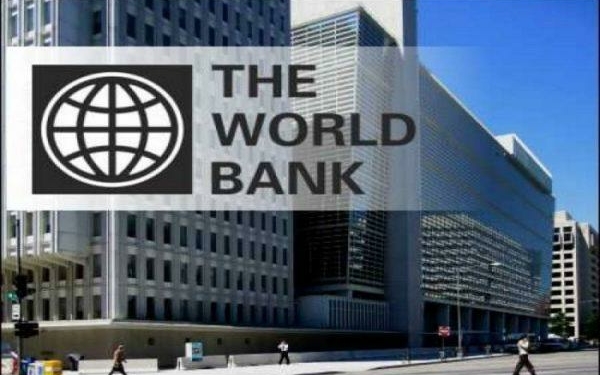- World Bank reveals a 7% reduction in poverty in Nigeria and Tanzania linked to increased internet access, per a report
- The report highlights an 8% rise in labor force participation and wage employment with enhanced internet access in these countries
The World Bank has disclosed that enhanced access to the internet and online resources has contributed to a 7% reduction in the poverty rate in Nigeria and Tanzania. According to a new brief titled “Digital transformation drives development in Africa,” this increased exposure has also led to an 8% rise in labour force participation and wage employment.
The World Bank’s flagship report in 2023 highlighted that, after three or more years of internet coverage, extreme poverty in Nigeria and Tanzania decreased by about seven percent. Moreover, labour force participation and wage employment experienced an increase of up to eight per cent.
World Bank Chief Economist for Africa, Andrew Dabalen, emphasized the missed opportunities for inclusive growth in Africa due to the limited mobile internet use. He stated, “Closing the uptake gap would increase the continent’s potential to create jobs for its growing population and boost economic recovery in a highly digitalized world.”
The brief outlined that over the past five years (2016-2021), sub-Saharan Africa witnessed an extraordinary 115% increase in internet users, playing a crucial role in fostering economic growth, innovation, and job opportunities. However, the region still faces challenges in digital infrastructure coverage, access, and quality compared to other regions.
As of the end of 2021, 84% of people in sub-Saharan Africa lived in areas with 3G service availability, and 63% had access to 4G mobile coverage. Despite this, only 22% were using mobile internet services. The gap between coverage and usage is similarly substantial for broadband, with 61% of people in the region having broadband coverage but not utilizing it.









Discussion about this post